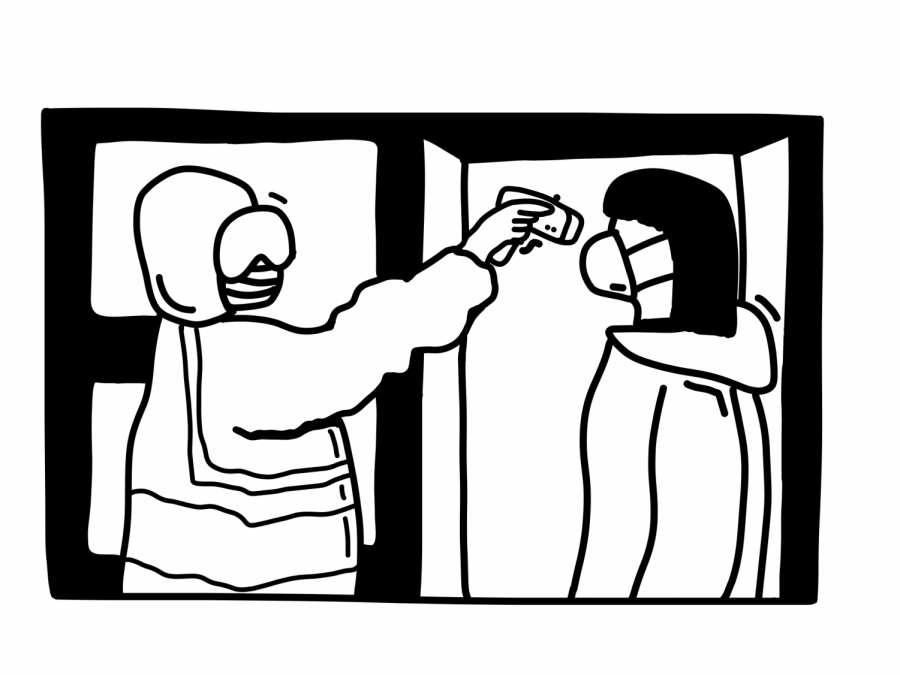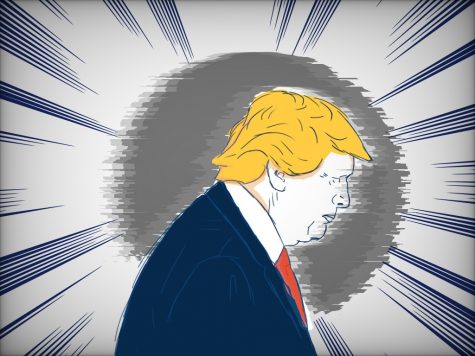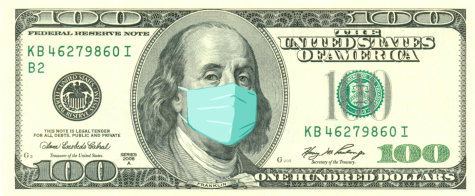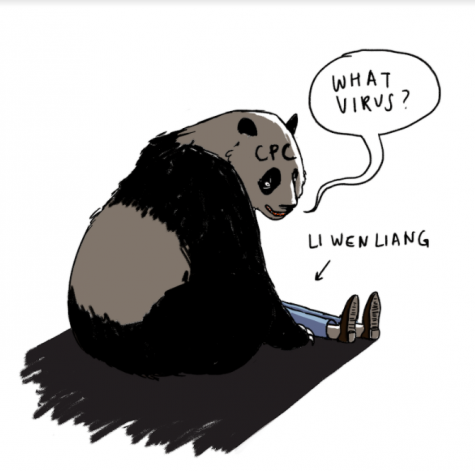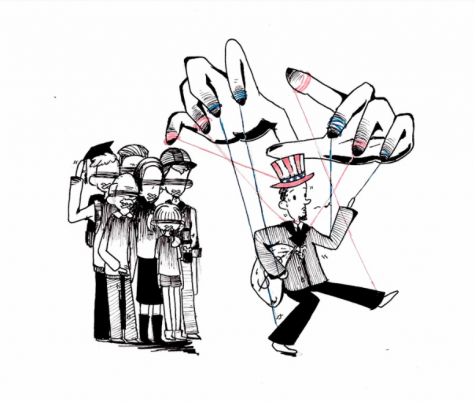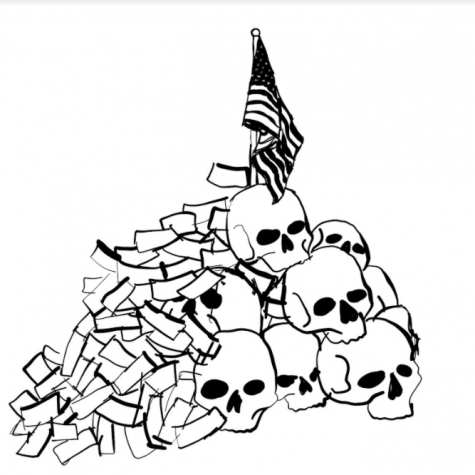The Irony of COVID-19
In mid-December last year, ophthalmologist Li Wenliang warned his medical school classmates about the possibility of a Severe Acute Respiratory Syndrome (SARS) outbreak in Wuhan. But on January 3, 2020, the police department of Wuhan ordered Dr. Li to stop spreading “false information.”
Fast forward a month: the Chinese government issued an official statement acknowledging the COVID-19 (colloquially known as coronavirus) outbreak. However, this announcement was a classic case of “too little, too late” concerning the outbreak of an epidemic in one of China’s most populated cities.
The government’s warning and its initial response drastically downplayed the risk of infection. Thus, today the outbreak is already larger than the SARS epidemic in 2003: over 46 million people in twelve cities are under quarantine in China. China knew from the start that it did not have the means to contain an epidemic. But the attempted cover-up of its inability to contain the virus only exacerbated the outbreak: by trying to hide the facts, like the lack of sufficient hospitals and shortage of medical supplies, China inadvertently spread the virus across the world.
In 2017, medical services accounted for less than nine percent of China’s fiscal spending. That same year, America spent over twice as much. The lack of funding and investment in medical services in China created inefficiencies within the healthcare system, evidenced by the hospitals across the country that scrambled to get quarantine equipment. Moreover, in Wuhan, patients who showed symptoms of coronavirus were frequently turned down by hospitals or simply asked to self-quarantine, demonstrating that Chinese healthcare professionals were not prepared for the mere possibility of an epidemic.
But, according to the New York Times, China ignored help offered by the Centers for Disease Control (CDC) and the World Health Organization (WHO) for over a month. As of March 2, it has accepted some aid from international organizations, but, according to National Security Advisor Robert O’Brien, Beijing has not responded to American offers. In effect, the government is still reluctant to accept aid in a time when citizens have expressed the desperate need for extra hands, which exhibits either extreme hubris or gross negligence on China’s part.
Another prominent reason, besides pride, that the government chose to cover up the outbreak was the negative economic impact that an epidemic would have. The SARS outbreak in 2003 caused an estimated loss of $40 billion in global trade. Now, the situation regarding the coronavirus is even more dire, as there are more cities currently under quarantine.
The irony is that China’s very attempts to cover up the situation have led to the problems they wanted to avoid. Had they listened to the warnings of Dr. Li Wen-Liang, China and the world would have potentially avoided many of the consequences. Rather, the government overlooked the underlying issues within its healthcare system for the purpose of economic and political balance.


